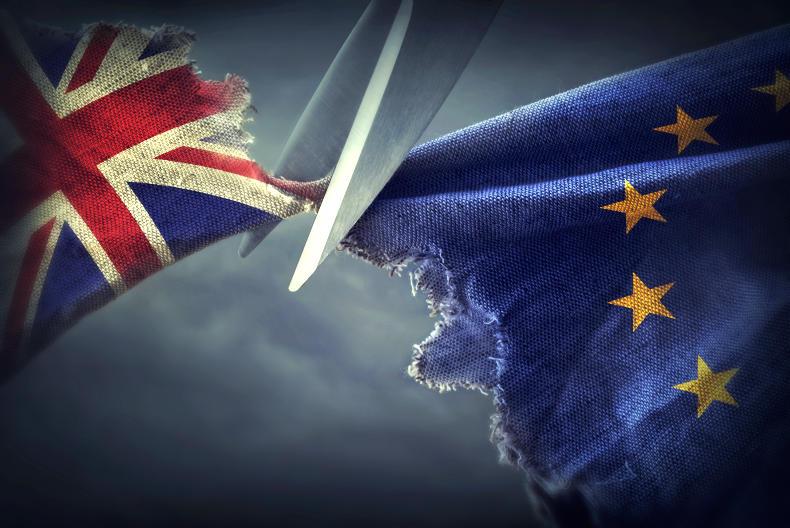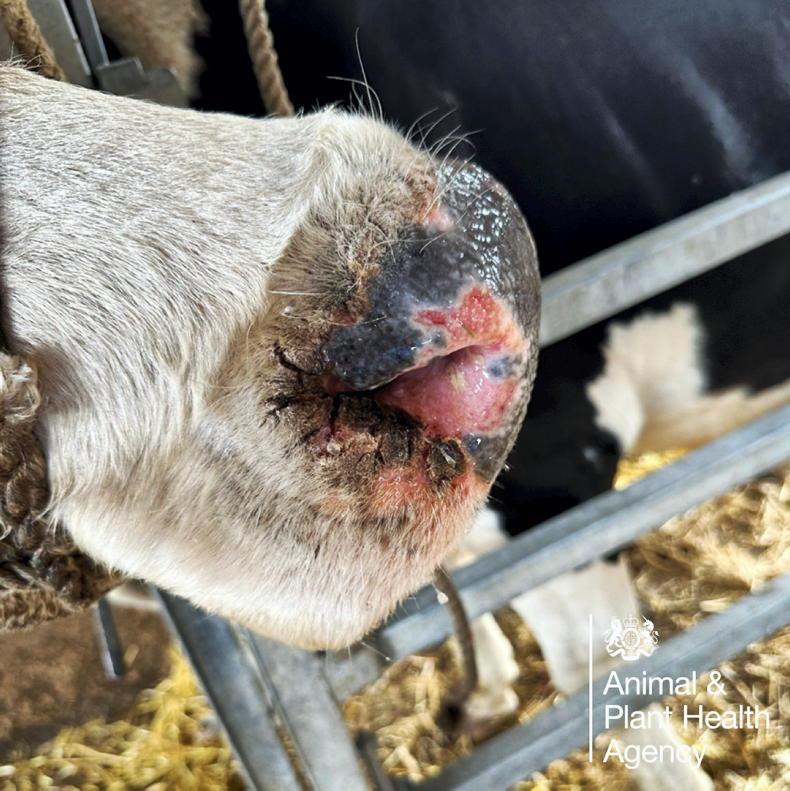The negative tone coming out of the Council meeting in Brussels this week suggests the prospect of a no-deal Brexit is becoming more likely. Sterling has weakened from 87p:€1 to 88.5p:€1 over the past couple of weeks, a good barometer of sentiment. Also, the term preparing for no deal has crept into almost very interview about the issue over the past week.
WTO tariffs
If the worst happens, trade with Britain and the north would be subject to World Trade Organisation (WTO) tariffs. These are particularly high on agricultural products and are calculated as a rate per kg or a rate per kg plus a percentage of the value of the product as well. For example pigs going north for processing would carry a tariff of 42c/kg and with pigs currently worth around €1.40/kg, paying a 42c/kg tariff would leave just 98c/k for the farmer.

The negative tone coming out of the Council meeting in Brussels this week suggests the prospect of a no-deal Brexit is becoming more likely.
Beef
The tariff on boneless beef is calculated by adding 12.8% of the value of the product to €3.03/kg. This means that a lower value beef product such as 80vl trims that would be used in the manufacture of mince or burgers, and currently selling in the UK wholesale trade at €3.70/kg, would cost €7.20/kg when the WTO tariff is added. This almost doubles the cost of one of the biggest selling categories of Irish beef in the UK market.
Live cattle
If a 550kg steer worth €1,100 was being sold from a mart in the west to a buyer from the north, under WTO tariffs it would carry a tariff of 10.8% of its value (€112.20) plus €93.10 per 100kg (€512). This means the animal that would have cost the Northern Ireland buyer €1,100 would now cost €1,724 when the €624 of tariff is added on. Assuming the animal is still worth just €1,100 in Northern Ireland, the farmer selling the animal would have to carry the €624 tariff cost meaning that he would have to accept just €476 which is simply unrealistic.
Milk and lambs coming south
It would be the same for farmers selling lambs or milk from Northern Ireland to buyers from the south. Live lambs carry a tariff of €80.50/100kg which means that a 42kg lamb leaving a mart in the north would be €33.60 more expensive by the time it arrives in a factory in the south, on top of the current value of around €105 per lamb. Milk which currently comes across the border at a value of around 32c/kg would carry a tariff of almost 22c/kg making its cost under WTO terms 54c/kg.
The negative tone coming out of the Council meeting in Brussels this week suggests the prospect of a no-deal Brexit is becoming more likely. Sterling has weakened from 87p:€1 to 88.5p:€1 over the past couple of weeks, a good barometer of sentiment. Also, the term preparing for no deal has crept into almost very interview about the issue over the past week.
WTO tariffs
If the worst happens, trade with Britain and the north would be subject to World Trade Organisation (WTO) tariffs. These are particularly high on agricultural products and are calculated as a rate per kg or a rate per kg plus a percentage of the value of the product as well. For example pigs going north for processing would carry a tariff of 42c/kg and with pigs currently worth around €1.40/kg, paying a 42c/kg tariff would leave just 98c/k for the farmer.

The negative tone coming out of the Council meeting in Brussels this week suggests the prospect of a no-deal Brexit is becoming more likely.
Beef
The tariff on boneless beef is calculated by adding 12.8% of the value of the product to €3.03/kg. This means that a lower value beef product such as 80vl trims that would be used in the manufacture of mince or burgers, and currently selling in the UK wholesale trade at €3.70/kg, would cost €7.20/kg when the WTO tariff is added. This almost doubles the cost of one of the biggest selling categories of Irish beef in the UK market.
Live cattle
If a 550kg steer worth €1,100 was being sold from a mart in the west to a buyer from the north, under WTO tariffs it would carry a tariff of 10.8% of its value (€112.20) plus €93.10 per 100kg (€512). This means the animal that would have cost the Northern Ireland buyer €1,100 would now cost €1,724 when the €624 of tariff is added on. Assuming the animal is still worth just €1,100 in Northern Ireland, the farmer selling the animal would have to carry the €624 tariff cost meaning that he would have to accept just €476 which is simply unrealistic.
Milk and lambs coming south
It would be the same for farmers selling lambs or milk from Northern Ireland to buyers from the south. Live lambs carry a tariff of €80.50/100kg which means that a 42kg lamb leaving a mart in the north would be €33.60 more expensive by the time it arrives in a factory in the south, on top of the current value of around €105 per lamb. Milk which currently comes across the border at a value of around 32c/kg would carry a tariff of almost 22c/kg making its cost under WTO terms 54c/kg.









SHARING OPTIONS